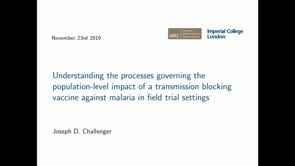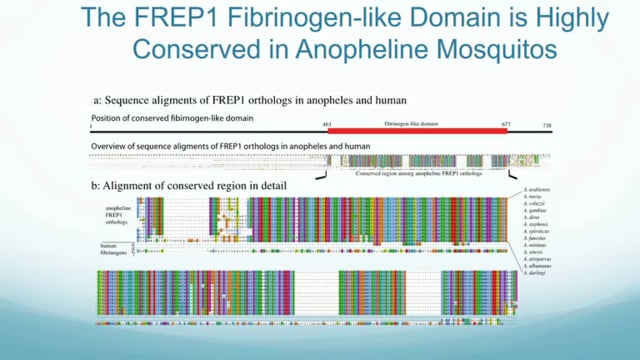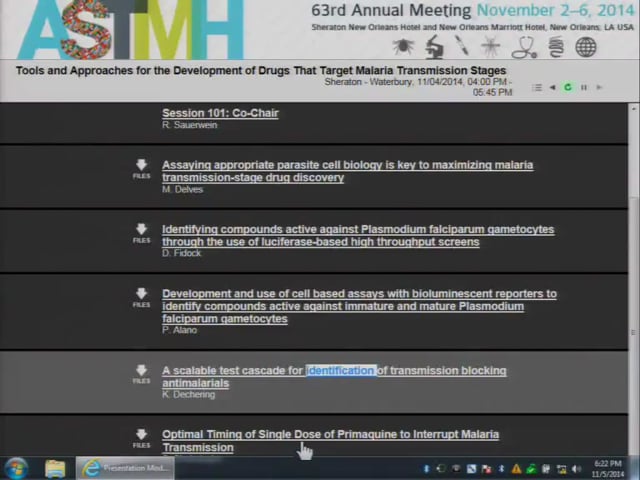Last Updated: 19/11/2021
Malaria transmission blocking through mosquito contact with treated surfaces
Objectives
In this project, we will validate the use of antimalarials to kill P. falciparum in the Anopheles female.
Specifically, we will:
Aim 1) screen a library of antimalarials to identify additional compounds that kill P. falciparum upon uptake by the mosquito, in collaboration with Medicine for Malaria Venture (MMV), the Malaria Drug Accelerator (MalDA) and others;
Aim 2) determine the ability of ATQ and hit compounds from our screens to kill drug- resistant P. falciparum parasites, in collaboration with MalDA and Dyann Wirth at the Harvard Chan School; and
Aim 3) assess whether insecticide resistance mechanisms operating in the mosquito affect uptake and efficacy of ATQ, in collaboration with the Institut de Recherche pour le Développement (IRD, Burkina Faso) and the Liverpool School of Tropical Medicine. By combining compound screens with laboratory and field analyses, our project will validate the use of compounds with antimalarial activity in the mosquito vector, aiding in the generation of an innovative malaria control tool.
Harvard T.H. Chan School of Public Health (HSPH), United States
Malaria parasites are transmitted by the bite of female Anopheles mosquitoes. Current malaria control strategies rely extensively on the use of antimalarial drugs as human therapeutics, and on long-lasting insecticide-treated bed nets (LLINs) and insecticide indoor residual sprays of house walls (IRS) to target the Anopheles mosquito. LLINs and IRS play a key role in malaria prevention, accounting for more than 70% of all cases prevented in the last two decades. However, these interventions suffer from the alarming spread of insecticide resistance emerging in most Anopheles populations in sub-Saharan Africa, which threatens their effectiveness. Combined with the emergence of drug resistance in Plasmodium parasites, these issues stress the need for new tools to prevent malaria transmission.
Feb 2020 — Jan 2025
$2.25M


